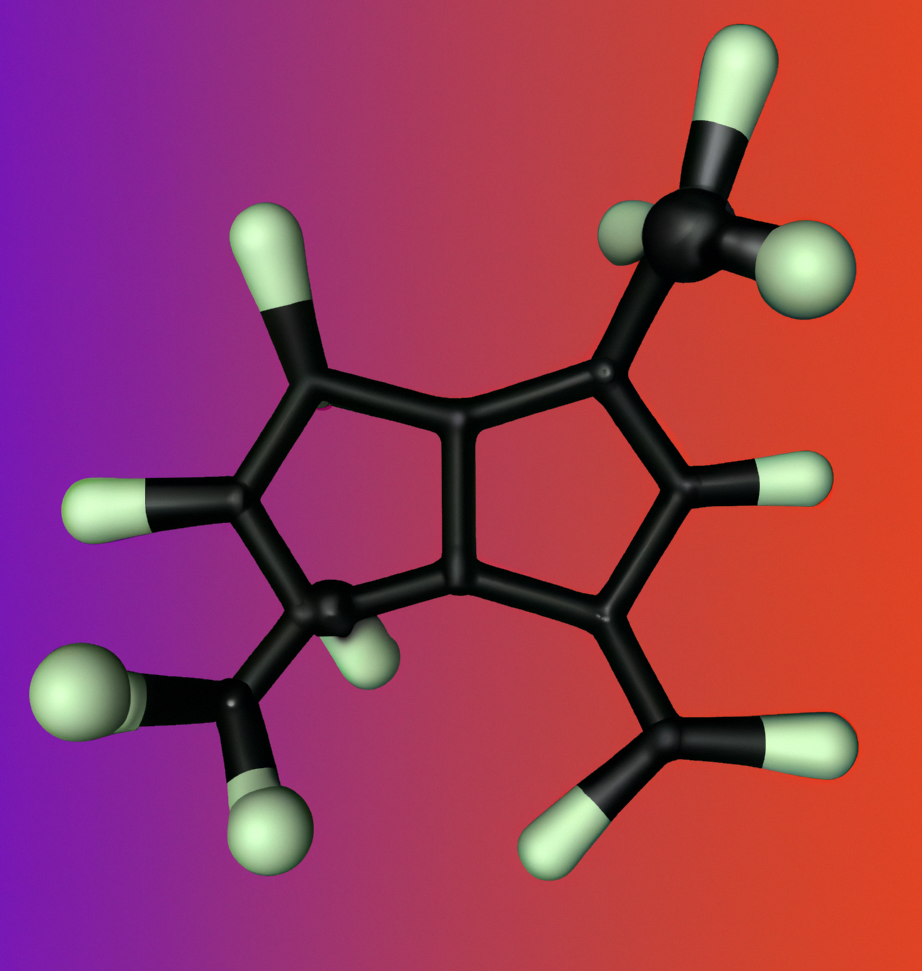
Now that we see numerous products including cigarettes, vapes and nicotine pouches entering the market, you may have wondered about the effects of nicotine. The plethora of nicotine products available makes people wonder about the effects of this popular substance. We seek to shed light on the effects of nicotine in this article to help consumers make an informed choice.
Nicotine, a potent alkaloid found primarily in tobacco, has long captured the attention of researchers, healthcare professionals, and policymakers due to its profound impact on human health. While nicotine is most commonly associated with the adverse health effects of smoking, its complex pharmacological properties also make it a subject of interest in various therapeutic contexts. In this comprehensive exploration, we will delve into the multifaceted effects of nicotine, categorizing them into subcategories to provide a deeper understanding of its diverse physiological and psychological impacts on individuals.
I.I Physiological Effects
A. Nicotine Addiction and Dependence
One of the most well-known and studied effects of nicotine is its addictive potential. Nicotine addiction is a complex process involving both physical and psychological factors. When nicotine is inhaled or absorbed through other routes, it binds to nicotinic acetylcholine receptors in the brain, leading to the release of neurotransmitters such as dopamine, which are associated with feelings of pleasure and reward. This reinforcement of pleasurable sensations plays a crucial role in the development of dependence.
- Tolerance and Withdrawal
Nicotine users often develop tolerance over time, requiring increasing amounts to achieve the desired effects. When they attempt to quit or reduce nicotine intake, they experience withdrawal symptoms, including irritability, anxiety, depression, and intense cravings. These symptoms contribute to the difficulty of breaking the addiction cycle, making nicotine dependence a significant public health concern.
- Mechanisms of Nicotine Addiction
Exploring the neurobiological mechanisms of nicotine addiction reveals its complexity. Nicotine’s interaction with acetylcholine receptors and the subsequent release of dopamine reinforce its reinforcing effects. Genetic predispositions, environmental factors, and social influences also play critical roles in an individual’s susceptibility to nicotine addiction.
I.II Cardiovascular Effects
Nicotine’s impact on the cardiovascular system is another significant concern, especially among smokers. The compound exerts both acute and chronic effects on heart health.
- Acute Effects
Immediately after nicotine consumption, heart rate and blood pressure increase due to the release of adrenaline. This can strain the heart and lead to adverse cardiac events, particularly in individuals with preexisting cardiovascular conditions.
- Chronic Effects
Long-term nicotine use contributes to the development and progression of atherosclerosis, a condition characterized by the buildup of plaque in arteries. Atherosclerosis raises the risk of heart attacks, strokes, and other cardiovascular diseases. Nicotine also narrows blood vessels, reducing blood flow and oxygen delivery to the heart and other organs.
C. Respiratory Effects
Smoking remains the most common route of nicotine exposure, and the respiratory system bears the brunt of its adverse effects.
- Chronic Obstructive Pulmonary Disease (COPD)
Smoking is a leading cause of COPD, a progressive lung disease that includes chronic bronchitis and emphysema. Nicotine’s irritating effects on the airways, combined with the harmful compounds in tobacco smoke, lead to chronic inflammation and lung damage.
- Increased Infection Susceptibility
Nicotine impairs the immune system’s ability to fight infections. Smokers are more susceptible to respiratory infections such as pneumonia and influenza, and their recovery is often more prolonged and complicated.
II. Cognitive and Psychological Effects
A. Cognitive Enhancement and Cognitive Impairment
Nicotine’s effects on cognitive function are intricate and multifaceted. It can both enhance and impair cognitive performance, depending on various factors, including the dose, frequency of use, and individual differences.
- Cognitive Enhancement
Low to moderate doses of nicotine have been associated with cognitive enhancement, including improved attention, memory, and cognitive flexibility. This has led to the exploration of nicotine as a potential cognitive enhancer, particularly in conditions like Alzheimer’s disease and attention deficit hyperactivity disorder (ADHD).
- Cognitive Impairment
Paradoxically, chronic nicotine use, particularly in the form of smoking, is linked to cognitive impairment. It is a risk factor for the development of cognitive disorders such as dementia and Alzheimer’s disease. The exact mechanisms underlying this paradox are still under investigation.
B. Mood Regulation and Mental Health
Nicotine has a notable impact on mood regulation and mental health, which further contributes to its addictive properties.
- Anxiety and Stress Reduction
Nicotine’s interaction with the brain’s reward system provides temporary relief from anxiety and stress. Smokers often use nicotine to self-medicate these emotional states, reinforcing their dependence.
- Depression and Mental Health Disorders
Conversely, nicotine dependence is associated with an increased risk of developing depression and other mental health disorders. The relationship between nicotine use and mental health is complex, with various genetic, psychological, and environmental factors at play.
III. Therapeutic Effects
Beyond its detrimental effects, nicotine has shown promise in therapeutic applications, leading to ongoing research in these areas.
A. Smoking Cessation
Nicotine replacement therapies (NRTs), such as nicotine gum, patches, and lozenges, are widely used to assist individuals in quitting smoking. These products provide a controlled and safer source of nicotine, helping to reduce withdrawal symptoms and cravings. Behavioral counseling combined with NRT has shown efficacy in smoking cessation programs.
B. Cognitive Enhancement
Research continues into the potential use of nicotine for cognitive enhancement in conditions such as Alzheimer’s disease and ADHD. However, the ethical and safety considerations surrounding the use of a highly addictive substance for cognitive improvement raise significant challenges.
C. Neuroprotection
Nicotine’s neuroprotective properties have garnered attention in the context of neurodegenerative diseases like Parkinson’s and Alzheimer’s. Some studies suggest that nicotine may slow down the progression of these diseases, although further research is needed to establish its safety and efficacy.
IV. Nicotine Replacement Therapies (NRTs)
Nicotine replacement therapies (NRTs) have gained popularity as tools for smoking cessation and harm reduction. These products provide a controlled and regulated dose of nicotine without the harmful toxins associated with smoking.
A. Types of NRTs
- Nicotine Gum: Nicotine gum is a chewable product that releases nicotine gradually when chewed. It allows users to control their nicotine intake and manage cravings.
- Nicotine Patches: These are adhesive patches worn on the skin, delivering a steady and controlled amount of nicotine throughout the day. Patches are discreet and do not require frequent dosing.
- Nicotine Lozenges: Lozenges dissolve in the mouth, releasing nicotine gradually. They provide a discreet and convenient option for managing cravings.
- Nicotine Inhalers: Nicotine inhalers mimic the hand-to-mouth action of smoking. They deliver nicotine through inhalation and are often used alongside other NRTs.
- Nicotine Nasal Spray: Nasal sprays deliver nicotine through the nasal mucosa, providing rapid relief from cravings. They are a prescription-based NRT option.
- Nicotine Pouches: A newer form of using nicotine, sometimes classed as a form of NRT. Nicotine pouches have become recently available on the Irish market through both forecourt shops and online retailers.
B. Efficacy and Safety
NRTs have demonstrated efficacy in helping individuals quit smoking and reduce the harm associated with tobacco use. However, their success depends on various factors, including the user’s motivation and commitment to quitting. NRTs are generally considered safe when used as directed, but they are not without potential side effects, including irritation, headaches, and nausea.
V. Emerging Research and Future Directions
Ongoing research continues to uncover new aspects of nicotine’s effects, both positive and negative. Future directions in nicotine research include:
A. Precision Medicine
Advances in genetics are shedding light on individual differences in nicotine metabolism and response. This knowledge could lead to personalized approaches to smoking cessation and the prevention of nicotine-related diseases.
B. Harm Reduction
Nicotine products, such as e-cigarettes and heated tobacco devices, have emerged as potential harm reduction tools for individuals unable or unwilling to quit smoking. Research is ongoing to assess their safety and effectiveness in reducing the health risks associated with traditional smoking.
C. Targeted Therapies
Researchers are investigating the development of targeted therapies that selectively modulate nicotinic acetylcholine receptors, potentially providing the benefits of nicotine without its addictive properties.
Conclusion
Nicotine’s effects on the human body and mind are both profound and multifaceted. While its addictive potential and association with smoking-related diseases underscore the importance of tobacco control efforts, ongoing research also reveals its therapeutic potential in various medical contexts. Understanding the complex interplay of nicotine’s physiological, cognitive, and psychological effects is essential for developing effective strategies for smoking cessation, harm reduction, and potential therapeutic applications.
As science continues to advance, the hope is that innovative approaches will emerge to harness the benefits of nicotine while mitigating its harms, ultimately improving public health and individual well-being. We at Nicopods.ie also recommend that anyone looking to quit smoking or usage of nicotine products look into the HSE’s resources.




